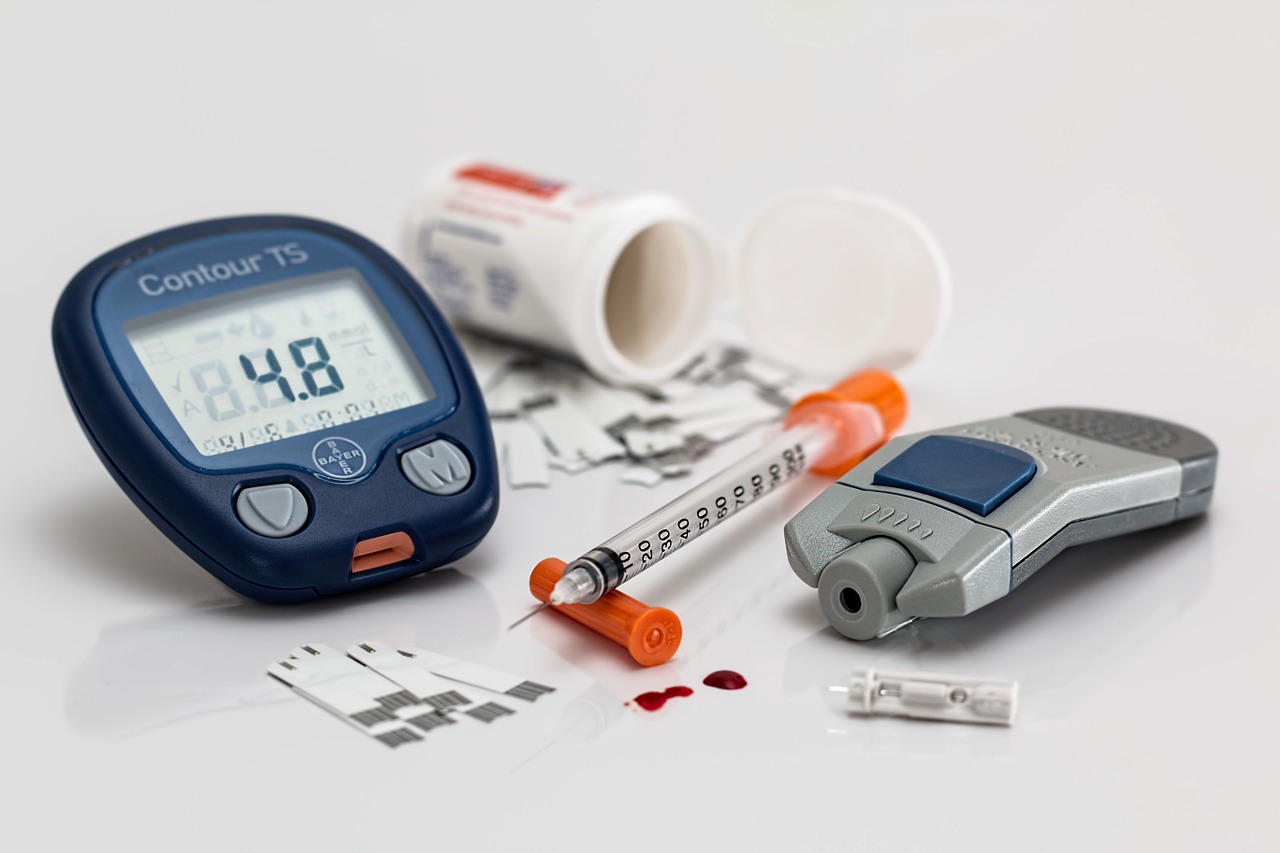
1 in 16 people in the UK is either diagnosed or is living with an undiagnosed diabetic condition
We hear it reported in the news weekly, read it in the papers and peruse it on the internet. The growing rate of diabetes is reaching epidemic proportions across the UK and the rest of the world. It is currently estimated that 1 in 16 people (6% of the population) in the UK is either diagnosed or is living with an undiagnosed diabetic condition, a potentially fateful situation.Economically developing nations are experiencing the effects of this diagnosis, with sufferers seeking medical attention in India alone currently at 7.1% of the population identifying as diabetic and these numbers are expected to increase dramatically in the coming years.
Diabetes Type 2
Type 2 diabetes, developed from a combination of lifestyle factors, a legacy of other illness and our modern sugar and fat-saturated diets is a notorious killer, weakening sufferer’s vascular bodies, opening them to infection, increasing cholesterol and of course blood sugar levels. These elements damage the parts of the body that blood finds difficult to reach such as the limbs, eyes and organs. This weakens these parts of the body leading to infection and in worse case scenarios, amputation or even death.
Diabetes Type 1
Type 1 sufferers, while undergoing different types of treatment and being diagnosed with this condition generally through genetic reasons, are no less susceptible to infections and the side effects that diabetes causes in the body such as heart conditions. As many cases of type 1 are diagnosed in childhood, the management of the illness is a lifelong battle for these individuals and the long-term effects of prolonged exposure is extensive and the repercussions felt primarily in adulthood.
Erectile Dysfunction
Both diseases can lead to a condition less openly discussed, but no less concerning, Erectile Dysfunction (ED). The medical evidence is that Type 2 Diabetic men develop Erectile Dysfunction 10 to 15 years earlier than others while 75% of men diagnosed with Erectile Dysfunction between 40 to 70 years are type 2 sufferers. Over 70, the proportion of ED sufferers in the diabetic population has been recorded as 95%. The penis erectile function relies on active and healthy blood flow surges at key times and can be physically damaged, potentially irrevocably, due to this blood flow reduction.
Vascular and heart conditions can also be exacerbated, which in turn have an effect on overall health and wellbeing. In addition, the associated societal shame and guilt associated with Erectile Dysfunction mean that it is often a silent condition, often undiagnosed (72% of men in London alone do not seek treatment), often a source of frustration between partners and often a realistically treatable condition if the right help is sought out.There are a number of treatment options for all men to treat Erectile Dysfunction. However preferred treatment plans within the NHS system are focusing on tablet medications, short terms solutions such as the most commonly used medications like Cialis, Viagra, and other lesser known brands which for many Diabetic men, do not work.
Private clinics, with lower patient numbers and a sharper focus on singular subject matters provide a more in-depth care programme for patients. As there is lower patient to doctor ratios, the patient receives longer amounts of time with doctors allowing for a deeper diagnosis. Private clinics are also unburdened by the NHS directives on which treatment options can be prescribed providing patients with solutions not available through the NHS. This access in conjunction with understanding the diabetic individuals own treatment plan means that tailored solutions can be more effective.Some of these solutions include Shockwave treatment, psychosexual counselling, surgical corrections and implants or prostheses meaning that all men, no matter their ED severity, are treatable.Psychosexual counselling and lifestyle practical advice can lead to patients changing their life patterns and potentially reducing the impact their diabetes has on their lives and in extreme cases, the severity of the type 2 disease in patients and their dosage or reliance on medication.With this tailored approach, men are able to identify their best course of action with the medical professional, identify clearly what their objectives for the treatment are and how affordable according to their own circumstances, their programme will be.

The first step for diabetic men suffering from Erectile Dysfunction is often the hardest:
acceptance and understanding of the condition and open door to honestly communicate with partners. Friends and family can provide a support base if required or even just an opportunity to vent and allow the individual to feel free to make the clear decisions they need to find out what their treatment options are. This emotional support is an integral part of an affected man to acknowledge the issue and find an appropriate solution with medical experts and thus lead to a treatment plan.This can be difficult as historically suffering from Erectile Dysfunction can be seen as a male failing. Damage to men’s sexual function especially by a disease as unassuming as diabetes can feel emotionally shattering and seemingly unassailable. Depressive symptoms from both diabetes (the illness can also create depressive and anxiety conditions for sufferers) and Erectile Dysfunction conditions can lead men into a downward spiral and confidence can be difficult to reassert.
However, the advances in medical treatments for Erectile Dysfunction mean that all men have a realistic shot at rectifying their condition, restoring their sexual prowess and fighting back against this symptom of the diabetic condition. With the rise in diagnosis of diabetes and the movement towards more open communications about conditions such as Erectile Dysfunction, working together we can remove the stigmas attached and play a role in repairing sufferers lives and alleviating the silent and potentially devastating physical and mental side effects of diabetes in men.